Having clean air in your home is vital for your health and well-being. One effective way to ensure good air quality is by regularly replacing your HVAC air filter. An air filter traps dust, allergens, and other particles, keeping the air you breathe clean and fresh.
Understanding Air Filters and Their Function
Role of Air Filters in HVAC Systems
Air filters play a critical role in HVAC systems by trapping dust, allergens, and other contaminants. Located within the HVAC unit, air filters prevent these particles from circulating through the home. This not only ensures cleaner air but also protects the internal components of the HVAC system from damage.
Clean air filters enable efficient airflow, which is essential for the proper functioning of the HVAC system. When the airflow is obstructed by a clogged filter, the system has to work harder to maintain the desired temperature. This extra strain can result in increased energy consumption and potential system malfunctions.
Types of Air Filters
There are various types of air filters available, each with its own set of benefits:
1. Fiberglass Filters: These are the most basic and affordable type. They are disposable and capture large particles but may not be as effective for smaller contaminants.
2. Pleated Filters: Made from polyester or cotton, these filters have a greater surface area due to their pleats. They capture both large and small particles more effectively than fiberglass filters.
3. HEPA Filters: High-Efficiency Particulate Air (HEPA) filters are highly effective at capturing very small particles, including bacteria and viruses. They are often used in environments where air quality is a top priority.
4. Electrostatic Filters: These filters use an electric charge to attract and trap particles. They can be washable or disposable and are known for their efficiency in capturing a wide range of contaminants.
Benefits of Regular Air Filter Replacement
Improved Air Quality
Regular air filter replacement has a direct impact on indoor air quality. Clean filters effectively trap dust, pollen, and other allergens, preventing them from circulating in the air. This is particularly beneficial for individuals with allergies or respiratory issues. Improved air quality can lead to a healthier living environment and better overall well-being for everyone in the home.
When air filters are clean, they can effectively remove pollutants from the air, reducing the risk of health issues caused by poor air quality. Consistently replacing air filters also helps to maintain the air hygiene levels in your home, making it safer and more comfortable.
Enhanced HVAC System Efficiency
An often overlooked benefit of air filter replacement is the enhanced efficiency of the HVAC system. Clean filters allow air to flow freely through the system, reducing the workload on the furnace and air conditioner. This can lead to lower energy bills and extended equipment lifespan.
When the HVAC system operates efficiently, it uses less energy to maintain the desired temperature, resulting in cost savings. Moreover, reduced strain on the system minimizes the risk of breakdowns and the need for costly repairs. This means a more reliable and long-lasting HVAC system, which ultimately benefits both your comfort and your wallet.
Regular air filter replacement is an easy and effective way to ensure that both your home’s air quality and your HVAC system remain in optimal condition.
Signs It’s Time to Replace Your Air Filter
Indicators of a Dirty or Clogged Filter
Knowing when to replace your air filter is crucial for maintaining both air quality and HVAC efficiency. Here are some common indicators:
1. Visible Dirt and Debris: If you can see dust, dirt, or other debris on the filter, it’s time for a replacement.
2. Reduced Airflow: When the air filter is clogged, you may notice reduced airflow from the vents, making the HVAC system work harder.
3. Increased Energy Bills: A sudden spike in your energy bills can be a sign that your HVAC system is straining due to a dirty filter.
4. Allergy Symptoms: If household members experience increased allergy symptoms, it may be due to contaminants circulating in the air.
How Often to Replace Air Filters
The frequency of air filter replacement depends on several factors, including the type of filter and the environment:
1. Basic Filters: Disposable fiberglass filters should be replaced every 30 days.
2. Pleated Filters: These filters can last up to 90 days but should be checked monthly.
3. High-Efficiency Filters: HEPA and electrostatic filters may need to be replaced every 6-12 months, depending on usage and air quality.
However, homes with pets, smokers, or those in high-pollen areas may require more frequent replacements.
Steps for Air Filter Replacement
How to Choose the Right Air Filter
Selecting the right air filter is vital for optimal performance:
1. Check Specifications: Refer to your HVAC system’s manual for the recommended filter type and size.
2. Consider MERV Ratings: The Minimum Efficiency Reporting Value (MERV) rating indicates the filter’s efficiency. Higher MERV ratings capture smaller particles.
3. Match Your Needs: Choose a filter that meets your household’s needs, such as allergen reduction or enhanced air purity.
Step-by-Step Replacement Guide
Replacing an air filter is a straightforward process that can significantly improve your HVAC system’s performance:
1. Turn Off the HVAC System: Before starting, make sure the HVAC system is turned off to ensure safety.
2. Locate the Filter Slot: Find the air filter compartment, which is usually near the return air duct or blower compartment.
3. Remove the Old Filter: Slide out the old filter carefully to avoid spilling trapped debris.
4. Insert the New Filter: Place the new filter into the slot, ensuring it fits snugly and the airflow direction arrow points in the correct direction.
5. Secure the Compartment: Once the new filter is in place, close and secure the compartment.
6. Turn On the System: Restart the HVAC system and check for proper airflow.
Conclusion
Replacing your air filter regularly is vital for maintaining clean air and an efficient HVAC system. Understanding the role and types of air filters, recognizing the signs that a replacement is needed, and following a simple replacement guide can help you achieve optimal air quality and system performance.
For professional assistance with your HVAC needs, contact Perfect Climate Heating & Air. Our professionals are here to ensure your home remains comfortable and your air quality stays high. Schedule your air filter replacement in Haubstadt with us today and breathe easier tomorrow.


